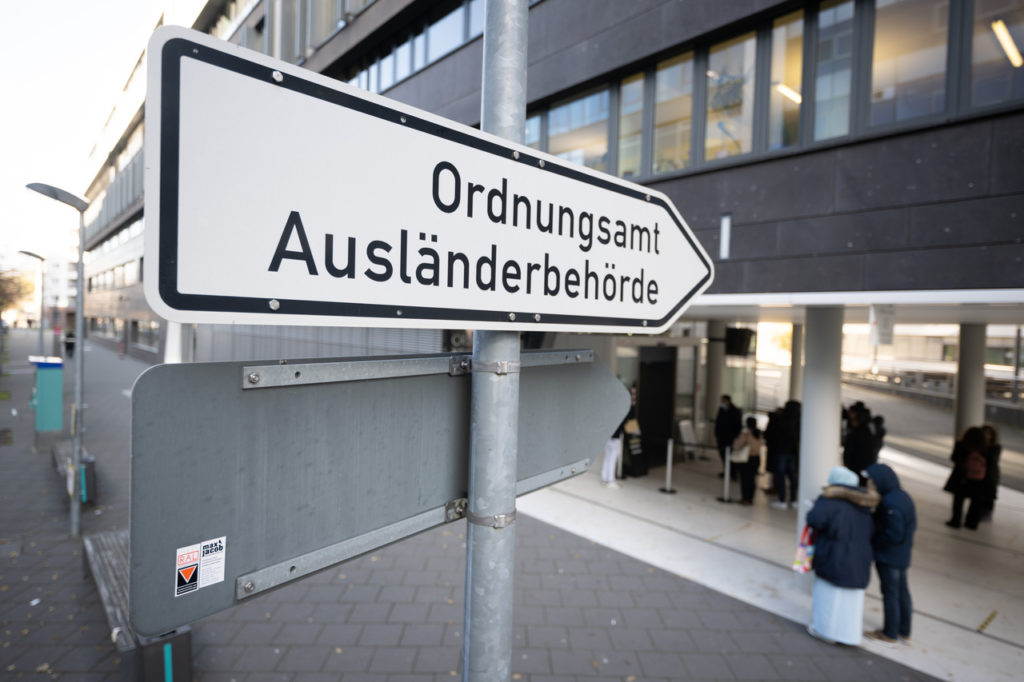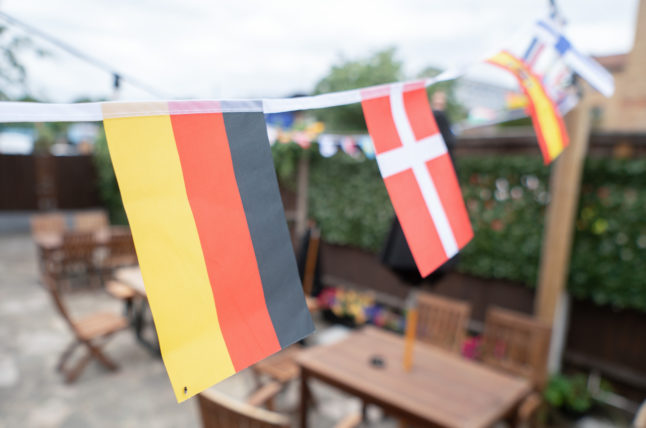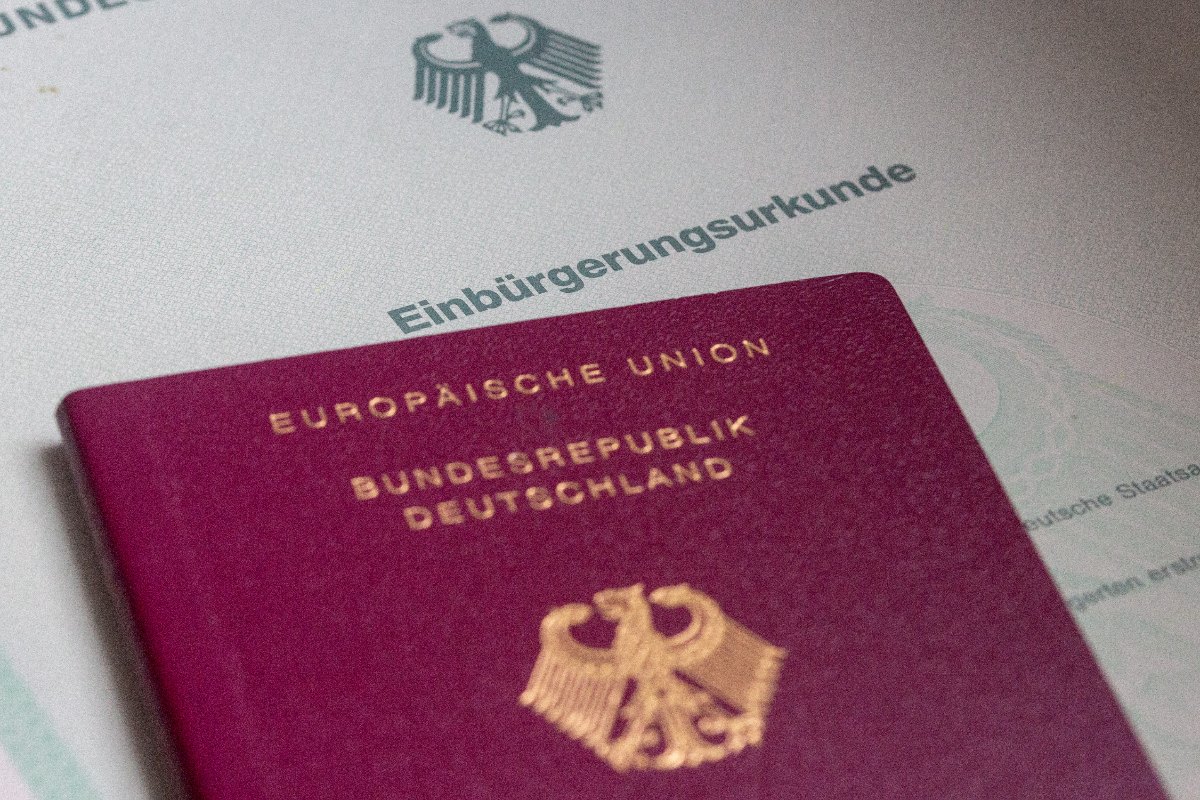The Expat Insider 2022 study surveyed around 12,000 foreign citizens in 52 countries and asked them to rate their country of residence in the subcategories of dealing with administration, housing, digital life and language.
Bahrain topped the list, followed by the United Arab Emerates in second and Singapore in third place. International residents reported that all three countries offer easy communication and a lack of language barrier, while also posing minimal bureaucratic hurdles.
Of the 52 countries reported on, Germany came bottom of the list behind Japan (51st) and China (50th). It also landed in the bottom ten in three out of four subcategories: Housing (47th), Digital Life (48th), and Language (49th).
In the housing category, expats reported that housing in Germany is both hard to find and afford.
READ ALSO: Why Germany is seeing the ‘worst housing shortage in 20 years’
“It may take up to three months to find even a temporary accommodation,” one contributor from Poland reported.
Foreign citizens do not fare much better when it comes to language in Germany either: 46 percent said it is difficult to live in Germany without speaking the local language (compared to 32 percent globally), even though 60 percent reported speaking the language fairly well or very well. A full 55 percent rated German as hard to learn, compared to 38 percent globally.
Germany also landed in the bottom five countries worldwide when it comes to digital infrastructure (48th), such as cashless payment options (51st) and easy access to a fast Internet connection (49th).
Germany’s lack of digitalisation is a major issue and 24 percent of expats reported finding it hard to get high-speed internet access at home, compared to 11 percent globally, while 27 percent are unsatisfied with the lack of cashless payment options (compared to 8 percent globally).
READ ALSO: Is card payment finally gaining ground in Germany?
The poor digital infrastructure also impacts the availability of government online services – a subcategory in which Germany came in 43rd place. A total of 52 percent of expats reported finding it difficult to deal with the local authorities, compared to 39 percent globally.
“I really hate German bureaucracy,” one person from the UK said. “Especially the fact that nothing is digitised! It takes forever to get in touch with any of the local government offices to discuss residence permits and the like.”
Germany did slightly better in the category Admin Topics overall, where it came in 36th place.
How does Germany compare to its German-speaking neighbours?
Compared to its neighbouring German-speaking countries, Germany also scored worse in every category. In the overall ranking, Switzerland and Austria landed much higher up the list – in 20th and 32nd place respectively.

The ratings for the three countries diverge sharply on two aspects in particular: foreigners in Germany complain about the lack of digital infrastructure (48th) and administrative topics (36th), while international residents in Switzerland are very satisfied with these aspects of life. Switzerland ranks among the top ten countries worldwide in both subcategories (7th in each), while Austria ranked around the middle of the list for digital infrastructure (29th) and administration (27th).
Austria ranked much higher than Germany in Switzerland for housing and came in 25th place, while Germany (47th) and Switzerland (44th) rank in the bottom ten when it comes to the availability and affordability of housing for foreign residents.
“The housing shortage here is a real problem, as well as the constant increase in rent prices, while salaries are not increasing at the same rate,” said one participant from Ukraine.
Despite German being one of the official languages in all three DACH countries, German residents perceived the language barrier as more of a difficulty (49th place) than those living in Austria (38th place) or Switzerland (30th place).
“Germans are prejudiced if you don’t speak German well enough, especially at the offices,” one Romanian survey participant said.
READ ALSO: IN DEPTH: Are Germany’s immigration offices making international residents feel unwelcome?





 Please whitelist us to continue reading.
Please whitelist us to continue reading.
Hey, could you share the link to this survey, bitte?
I can see a different survey where Kuwait came bottom of the list and Germany in the 42th position.
Here’s the link: https://www.internations.org/expat-insider/2022/best-and-worst-places-for-expats-40242
Hey morenolenn, here’s a link to the 2023 survey, which was just released on Tuesday: https://www.internations.org/press/press-release/where-expats-struggle-most-to-get-started-40346